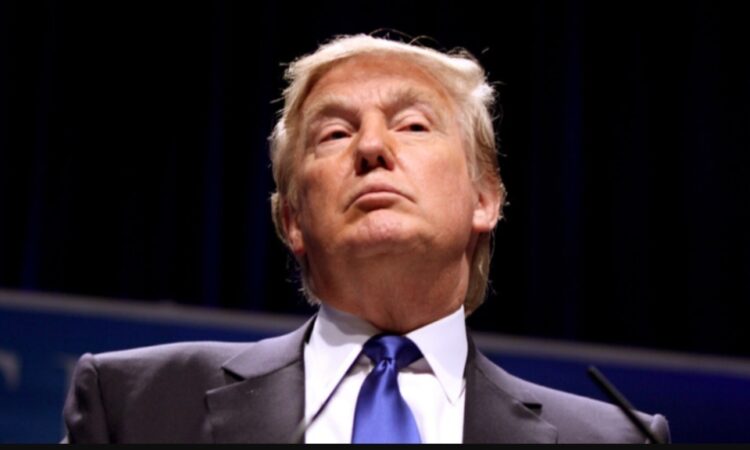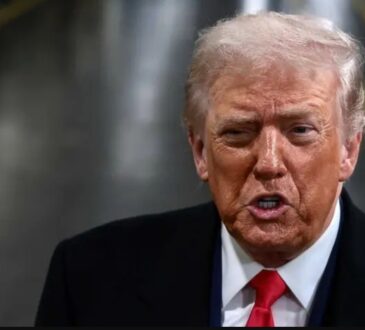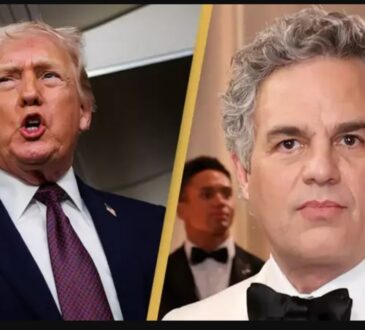
As Donald Trump prepares to return to the White House for a second term, his ambitious Day 1 plans are already making headlines. Trump has made it clear that he’s ready to make bold moves right out of the gate, focusing on issues like immigration, the economy, and energy, while also promising controversial actions such as pardoning January 6 rioters.
In an interview with Meet the Press, Trump confirmed that his first day back in office will involve signing “a lot” of executive orders. These orders, which allow the president to direct federal agencies without needing Congress, will address key areas like economic policies, border security, and energy production. Trump aims to use these orders to establish immediate control and set the tone for his presidency.
Public policy expert Dan Mallinson explained that executive orders can be powerful but have their limits. Actions like closing the border or reinstating past policies can take effect quickly, but other initiatives will require lengthy federal processes to implement.
One of Trump’s key priorities remains immigration reform. He plans to reinstate the controversial “Remain in Mexico” policy, requiring asylum seekers to stay in Mexico while their claims are processed. This policy, which sparked heated debates during Trump’s first term, is expected to return as a cornerstone of his immigration strategy.
Trump also pledged to launch the largest mass deportation campaign in U.S. history, targeting undocumented immigrants. While ambitious, experts warn that such efforts require significant time, resources, and cooperation with state and local agencies and are likely to face legal challenges.
Another controversial plan is to end birthright citizenship, a constitutional guarantee that anyone born on U.S. soil automatically becomes a citizen. Trump called the policy “ridiculous” and vowed to abolish it, but because it is enshrined in the Constitution, this move would likely face strong legal opposition.
Trump has proposed a sweeping 10% tariff on all imports, along with higher tariffs on goods from trading partners like Mexico, Canada, and China. He argues that these measures will boost domestic manufacturing, but experts caution that they could drive up consumer prices and hurt the economy.
On energy, Trump plans to prioritize fossil fuel production. He has hinted at rolling back environmental protections and promoting policies like fracking. Trump previously withdrew the U.S. from the Paris Climate Agreement and is expected to do so again, further intensifying his push for oil and gas production. Critics worry this will delay progress on climate change, a growing global concern.
Perhaps one of Trump’s most divisive plans is to issue pardons for individuals convicted of crimes related to the January 6 Capitol riot. He even suggested that those who pleaded guilty, including those charged with assaulting law enforcement officers, could be pardoned. Trump has also left open the possibility of pardoning himself for any federal crimes, though he has not explicitly stated his intentions.
With a Republican majority in Congress and only one term to fulfill his promises, Trump faces immense pressure to deliver quickly. Mallinson noted that presidents often begin their terms with significant political capital, but it tends to fade rapidly. For Trump, the challenge will be turning his ambitious plans into reality while navigating the political and legal obstacles ahead.
Trump’s Day 1 agenda paints a picture of a leader eager to take swift action, but whether these bold moves will achieve his goals or face insurmountable challenges remains to be seen.




